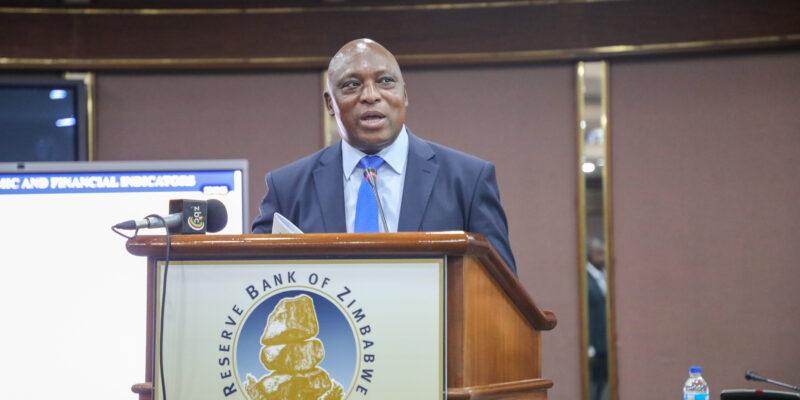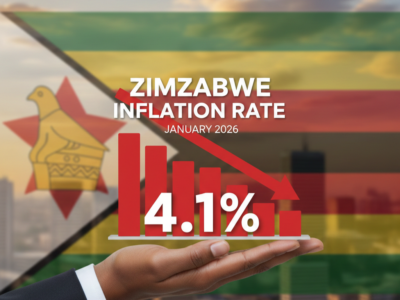Zimbabwe’s central bank has cracked down on foreign currency earnings, directing exporters to convert 25% of their earnings into local currency, effective immediately in aim to promote the use of the local Zimbabwe Gold (ZiG) currency, despite the economy’s high dollarization, the central bank has also directed all listed companies to report their financial results in the local currency.
According to the Reserve Bank of Zimbabwe governor John Mushayavanhu, the move aims to ensure comparability of financial statements,however most listed companies had already begun reporting in US dollars, reflecting the currency’s dominance in their transactions.
The central bank has also reduced the portion of earnings that exporters can retain in foreign currency. Exporters will now receive 75% of their earnings in foreign currency, while 25% will be paid out in local currency equivalent at the official exchange rate.
Linda Nielsen, CEO of the Horticultural Development Council, emphasized that the reduced forex retention threshold poses significant challenges for the horticulture sector, which operates within tight cost margins with most inputs denominated in US dollars.
The Confederation of Zimbabwe Retailers has also warned that the reduced forex retention threshold may lead to higher production costs and further dollarization of supply chains. Denford Mutashu, head of the Zimbabwe retailers grouping, noted that exporters may struggle to meet their USD-denominated expenses.
The Zimbabwe Stock Exchange has been working to address the challenges posed by the transition to the ZiG currency. In an interview, CEO Justin Bgoni discussed the exchange’s efforts to educate investors and clarify the value of ZiG. Bgoni noted that the exchange has issued public notices advising investors on how to convert share prices and has communicated with participants on the conversion of all share prices.
The move to require companies to report in ZiG has sparked debate about the government’s efforts to promote the use of the local currency. While some argue that it’s essential for economic development, others believe that it may lead to further economic isolation. As the situation unfolds, it’s clear that the impact of this decision will be closely watched by investors, businesses, and the general public.














Comments